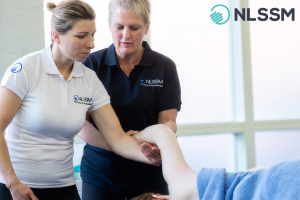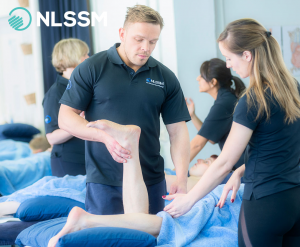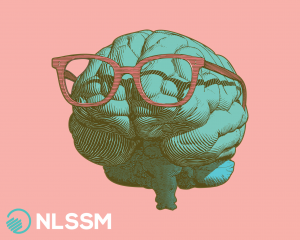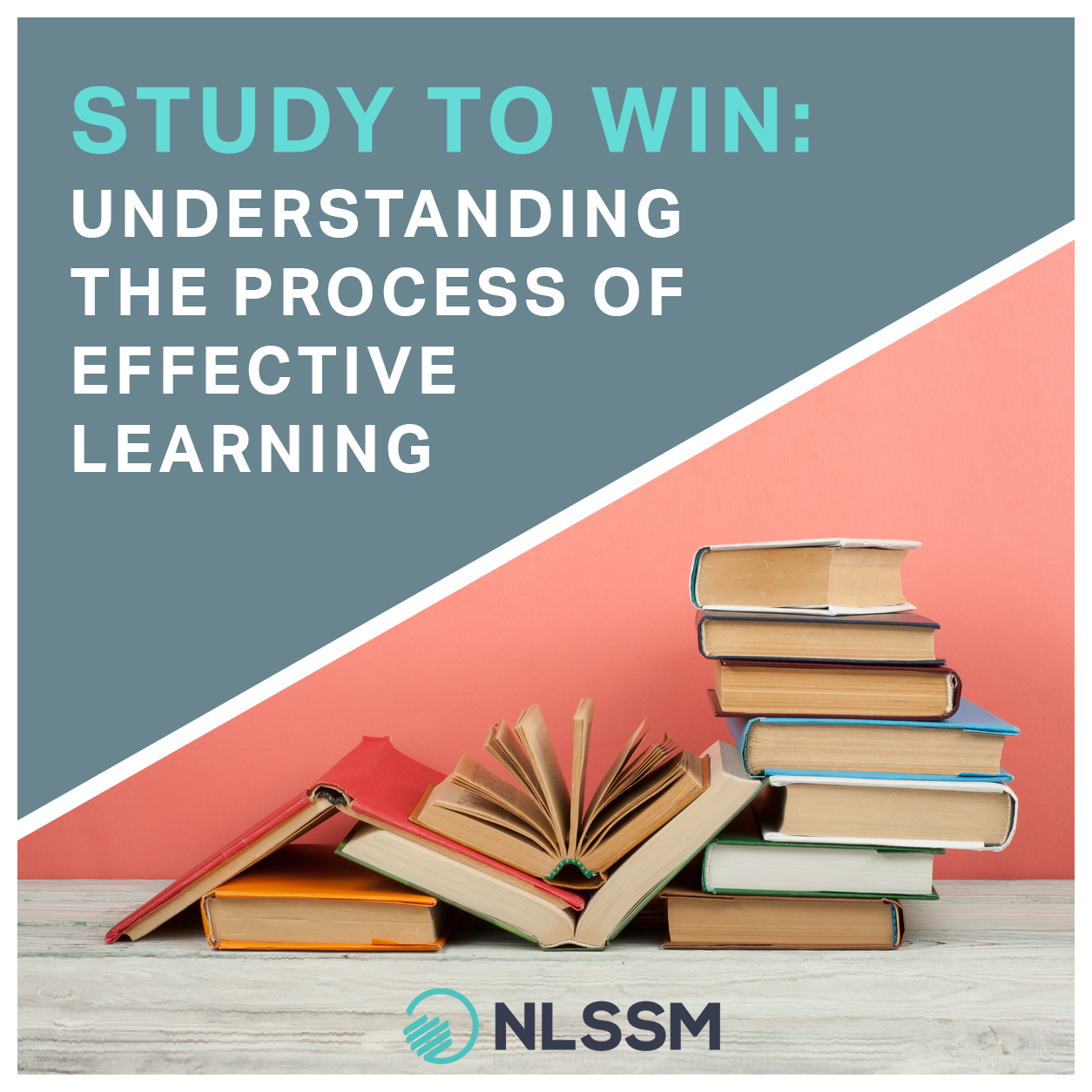Studying has always been one of those skills that has eluded me. Historically I struggled to learn and to retain information – I could study for hours but all that work never seemed to manifest in my abilities. I know now that my methods were part of the problem because I recently came across an amazing podcast that helped me understand the process of effective learning and how to improve my hands-on skills, as a result I have changed my approach completely.
There is a phenomenon where someone with Dementia or Alzheimer’s with poor long-term and short-term memory can hear a familiar tune on the radio and know all the words. How is this possible and how can we tap into this skill? It is all about the neurons!
The aim is to demonstrate how you can enhance your hands-on skills through mental practice, physical practice, and sleep. These three areas will hopefully help you to minimise the amount of time you spend studying.
How Does it Work?

Studies have been undertaken exploring what happens in the brain when people are learning to juggle (1). The brain activity of the participants was examined, paying particular attention to the nerve cells called neurons. These neurons communicate electrically via specialised connections called synapses which have several important functions which include analysing where things are in space, sensation, and movement.
This study measured the changes taking place in the cell bodies of the neurons and found that the density of the grey matter within the neurons increased and expanded. It is hypothesised that the dendrites, which received information from other neurons, increased the number of spines they had, like a tree growing extra branches to get extra information. This change in structure increased their processing power by expanding the number of connections they have with other neurons.
Over time, when people stop practicing a skill, you can see the grey matter starting to contract, but interestingly, they do not entirely lose the skill. It appears that the neurons can retain the skill even if the previously gained density is lost. So, when you return to using the skill, it is easy to get back to where you were before because of the retention of this memory.
Simply said, as we develop new skills as in the case of these newbie jugglers, we lay down new pathways for the neurons, they effectively grow more branches that reach out to each other to grow stronger connections.
Our Ability to Learn as Adults
 As we get older there are progressive losses in brain function including cognitive, memory, motor control, sensation, and plasticity. However, this functional decline can be slowed, and the generation of new connections is still possible (2). If we have been active learners throughout our life then we are more capable of taking on new information. You might say we’re more ‘finely tuned’, along with having deeper intrinsic motivation to learn things we are interested in. This positively active mindset plays a key role in learning. Adults can also often take direction better and are more adept at asking the right questions when needed. I have seen many mature therapists come to train with us at the school who are often looking to make a career change. Their life experiences and motivation play an important role in their learning and it often moves them along a more successful learning path.
As we get older there are progressive losses in brain function including cognitive, memory, motor control, sensation, and plasticity. However, this functional decline can be slowed, and the generation of new connections is still possible (2). If we have been active learners throughout our life then we are more capable of taking on new information. You might say we’re more ‘finely tuned’, along with having deeper intrinsic motivation to learn things we are interested in. This positively active mindset plays a key role in learning. Adults can also often take direction better and are more adept at asking the right questions when needed. I have seen many mature therapists come to train with us at the school who are often looking to make a career change. Their life experiences and motivation play an important role in their learning and it often moves them along a more successful learning path.
Learning a new sequence can feel frustrating and difficult but with practice and repetition it starts to become effortless. Over time it will become effortless as your brain and muscles acquire a sustained memory. To acquire this level of skill requires many hours of practice and it is common to experience frustration and a desire to give up. However, this is actually a critical pinnacle in the learning development and perseverance is key!
 How Long Should You Study For?
How Long Should You Study For?
Many people think that you need to study or practice for many hours at a time. Research shows this to be partially true, it requires something called ‘hours of deliberate practice’. Deliberate practice (DP) occurs when someone intentionally repeats an action to improve performance (3). Deliberate practice is necessary in order to learn a new skill, but it is not sufficient in isolation. Effective practice time is additionally essential. This is where you establish independence; focusing on your weaknesses, breaking down the elements that you find difficult, and finding a new approach to move forwards (4).
Through deliberate practice and effective practice structural changes to the neurons occur. The myelin sheath becomes thicker and wraps around the axon of the neuron, which results in the electrical currents becoming more efficient (5). The more you practice the clearer and stronger the messages get, which enables the action to be performed with less effort and greater co-ordination. Over time you are strengthening the neuronal pathway in your brain that controls this pattern.
This metaphor of a big green field is a less scientific explanation:
Creating a new learning pathway:
- You are standing in front of a field of fresh tall grass that no one has walked on before.
- You want to get to the other side but you cannot see how to do it as there is no path.
- You need to break through and decide to move forwards. Make your own path. Over time as you walk this path the grass will become compressed, defined, recognisable, and easier to travel along.
Breaking free from an inadequate pathway:
- If you can see a well-defined pathway in the field you will want to take that route. It is the only path you can see and you will likely follow it unquestionably, even if it is going the wrong way.
- Whilst on it, it is even harder to leave it.
This is an analogy for what happens in the brain. It is difficult to break free from habits and patterns as our brains have well-established neural pathways to point us towards. Establishing new pathways and practices are difficult but over time it will get easier.
I often see this when I am working with an established therapist who has developed some ‘bad habits’. It takes some doing to change their habits as they have to resist what they find easy.
Throughout learning ask yourself regularly: “which pathway am I reinforcing?”
 How to Structure Your Time?
How to Structure Your Time?
Traditional schooling encourages focused study time where we practice on one particular skill for hours at a time, this is called blocked study. However, is this truly the most effective way? Here we compare blocked and random study time.
Studies on blocked and random study time have been performed using all forms of physical development, from baseball players to musicians and in each group the result was the same; random practice proved to be more beneficial.
A study conducted where baseball players aimed to improve their batting average highlights this phenomenon (6). In this study the baseball players were divided in to two groups.
- The 1st group, the blocked group, got 15 fastballs, followed by 15 curved balls followed by 15 change of pitch throws.
- The random group got 45 pitches but they did not know what was going to come at them.
- While they were practicing it looked like the blocked practice group were doing better, which makes sense as they knew what was coming while the random group had to adjust on the fly.
- However, when they came back two days later to practice the results were quite different. The blocked group had made a 25% improvement in their hitting average while the random group made approximately a 57% improvement.
This theory has been tested in multiple sports, amongst musicians, and across any physical activity. Random practice always comes out statistically better for performance results.
 Random practice requires you to practice for shorter periods of time, interspersed with a different, unrelated activity. By switching between activities, you are giving your brain a chance to forget and then when you go back to practicing your brain has to work out how to do it again. This form of practice lays a stronger neural pathway and helps to solidify the learning.
Random practice requires you to practice for shorter periods of time, interspersed with a different, unrelated activity. By switching between activities, you are giving your brain a chance to forget and then when you go back to practicing your brain has to work out how to do it again. This form of practice lays a stronger neural pathway and helps to solidify the learning.
These studies are based upon a physical skill rather than study. However, random practice has also been shown to improve cognitive function when preparing for exams as well as a reduction in performance related anxiety (7).
Sleep Boosts Learning
Sleep is essential for learning and contributes to the brains ability to learn new memories and skills (8).
Studies have shown that when someone demonstrates what they have learned the previous day they are more accurate, co-ordinated and efficient. However, this is dependent on getting a good night’s sleep as those who did not sleep well had diminished abilities. On this basis it is desirable to practice your new skill for 10 – 20 minutes every day whilst ensuring you are rested. This way you will start at a higher level each day, reinforcing the material and skills from the previous day.
The Benefits of Making Mistakes
No one enjoys making mistakes; however, they are an essential part of learning. In my business mastery classes, I highlight that making mistakes is the most formative method of learning.
If you are only doing things that you can already do well, there is no mismatch between what you’re learning and what you already do well. Therefore, your brain will not recognise any need to change or construct new neural pathways.
Many people are frustrated when they make mistakes and may become disheartened or give up altogether. However, you need to give your brain a chance to recognise the changes it needs to make. If you recognise mistakes as a positive contribution to learning, you will improve, and your habits will change. Celebrate your mistakes!
The Power of Thought

The amazing part about mental practice is that it uses the same parts of your brain as when you are physically practicing. The structural changes that occur when you are physically learning a skill are additionally triggered just through thinking about it.
It has been demonstrated that athletes who spend time visualising their performance have a better outcome (9).
Research has shown that doing mental and physical practice together produces better results than just doing physical practice on its own. If you are struggling with a particular technique or hands-on-skill, practice it in your head, work through the areas that you find difficult until they are fluid and you can feel it is correct, then practice it physically. You can go back and forth between mental and physical practice to achieve better results.
In conclusion, it is best to practice your new skill for short bursts each day, mentally review and visualise your skills, and get a good night’s sleep!
References
- Filho, Edson et al. “The Juggling Paradigm: A Novel Social Neuroscience Approach To Identify Neuropsychophysiological Markers Of Team Mental Models”. Frontiers In Psychology, vol 6, 2015. Frontiers Media SA, doi:10.3389/fpsyg.2015.00799. Accessed 18 May 2021.
- Mahncke, Henry W. et al. “Brain Plasticity And Functional Losses In The Aged: Scientific Bases For A Novel Intervention”. Progress In Brain Research, 2006, pp. 81-109. Elsevier, doi:10.1016/s0079-6123(06)57006-2. Accessed 18 May 2021.
- Campitelli, Guillermo, and Fernand Gobet. “Deliberate Practice”. Current Directions In Psychological Science, vol 20, no. 5, 2011, pp. 280-285. SAGE Publications, doi:10.1177/0963721411421922. Accessed 18 May 2021.
- Fernsten, Linda, and Jeffrey Fernsten. “Portfolio Assessment And Reflection: Enhancing Learning Through Effective Practice”. Reflective Practice, vol 6, no. 2, 2005, pp. 303-309. Informa UK Limited, doi:10.1080/14623940500106542. Accessed 18 May 2021.
- Long, Patrick, and Gabriel Corfas. “Neuroscience. To learn is to myelinate.” Science (New York, N.Y.) vol. 346,6207 (2014): 298-9. doi:10.1126/science.1261127
- Sharp, Matthew H. “The Effect Of Blocked Versus Random Practice On Dominant And Non-Dominant Baseball Swing”. Journal Of Sport And Human Performance, 2020. JSHP, doi:https://www.researchgate.net/profile/Matthew-Sharp/publication/343107568_The_effect_of_blocked_versus_random_practice_on_dominant_and_non-dominant_baseball_swing/links/5f171c5c45851515ef3c0c9e/The-effect-of-blocked-versus-random-practice-on-dominant-and-non-dominant-baseball-swing.pdf. Accessed 18 May 2021.
- Stambaugh, Laura A. “When Repetition Isn’T The Best Practice Strategy: Effects Of Blocked And Random Practice Schedules”. Journal Of Research In Music Education, vol 58, no. 4, 2010, pp. 368-383. SAGE Publications, doi:10.1177/0022429410385945. Accessed 18 May 2021.
- Feld, Gordon B., and Susanne Diekelmann. “Sleep Smart—Optimizing Sleep For Declarative Learning And Memory”. Frontiers In Psychology, vol 6, 2015. Frontiers Media SA, doi:10.3389/fpsyg.2015.00622. Accessed 18 May 2021.
- Jayal, Ambikesh et al. Sports Analytics. Routledge.


